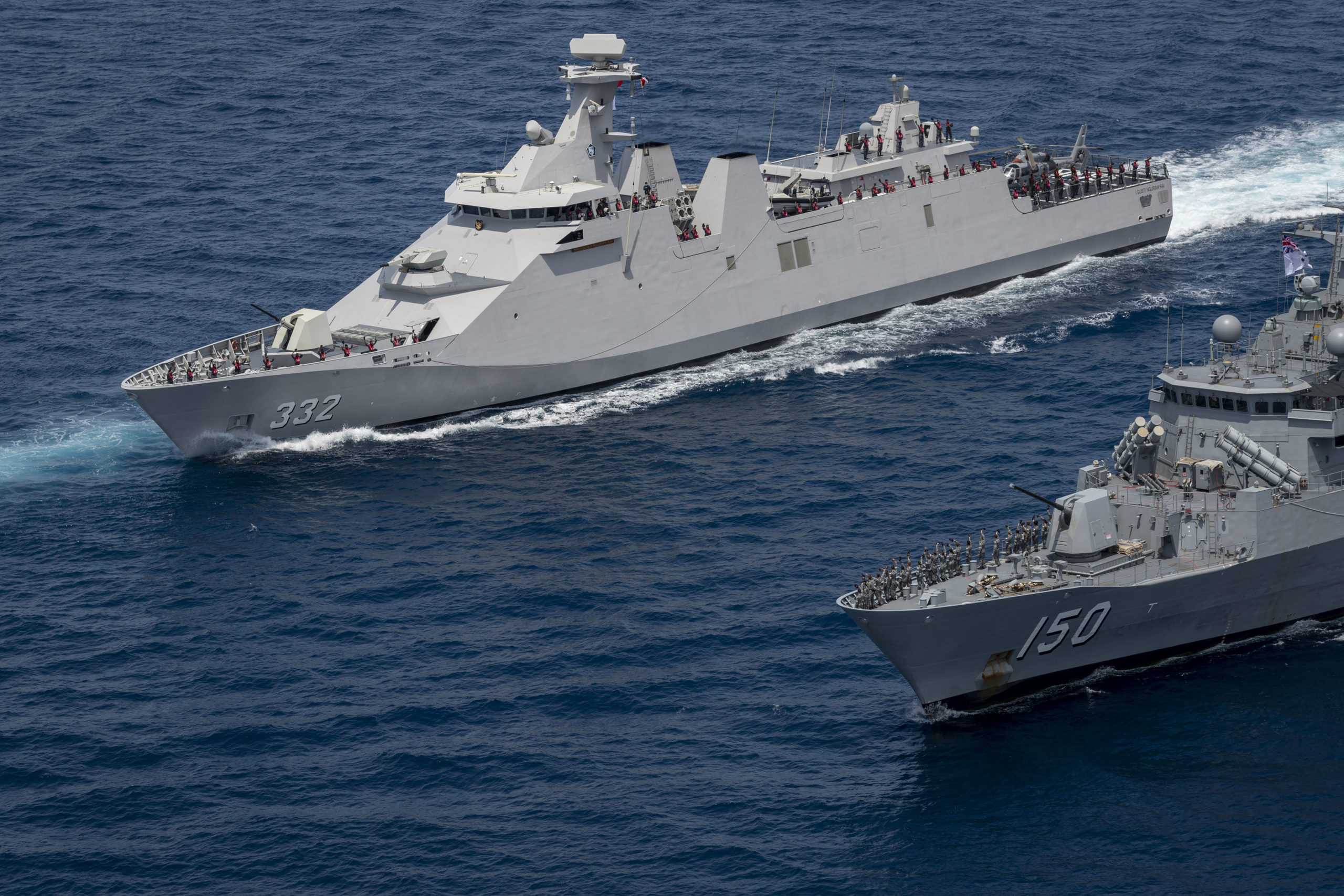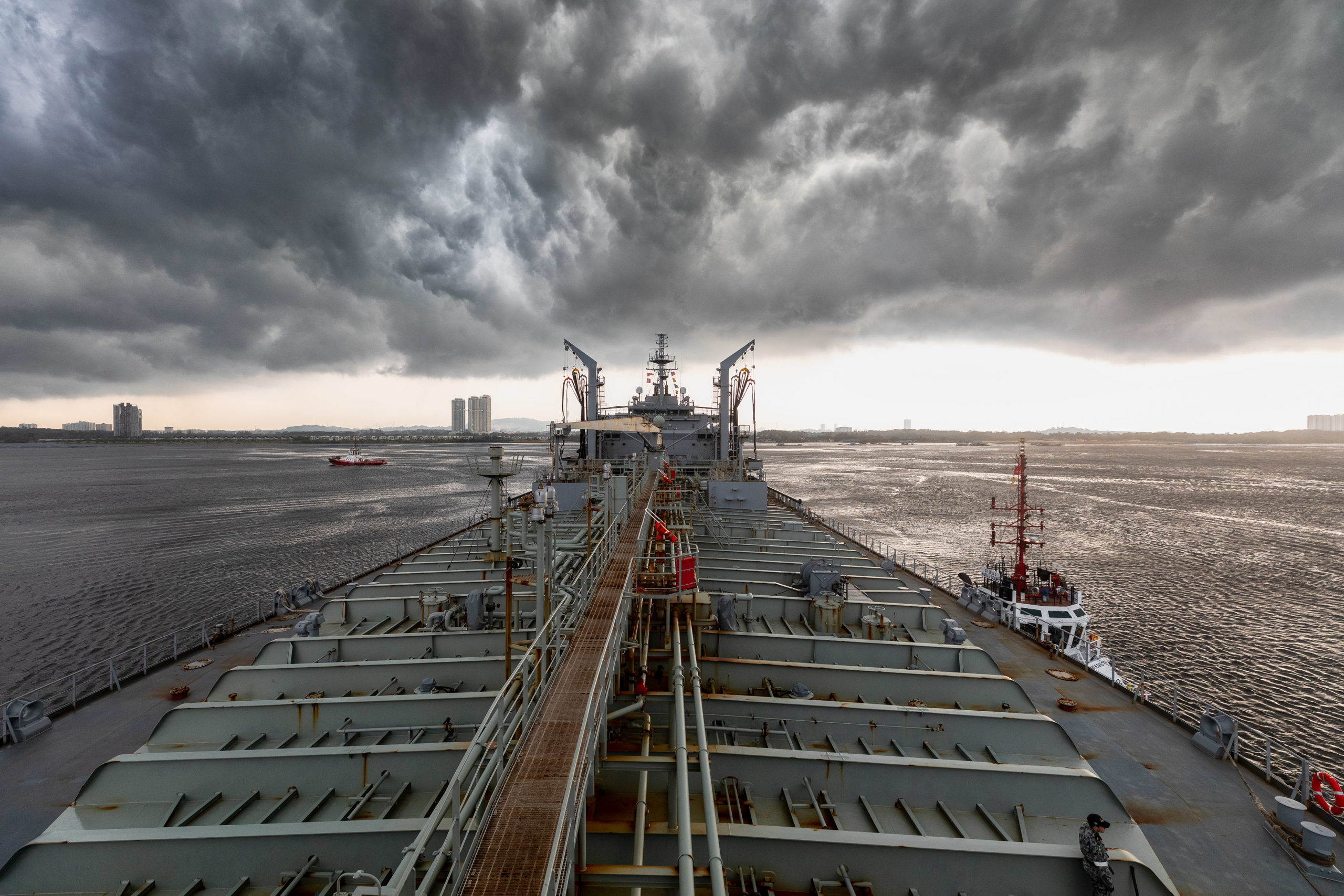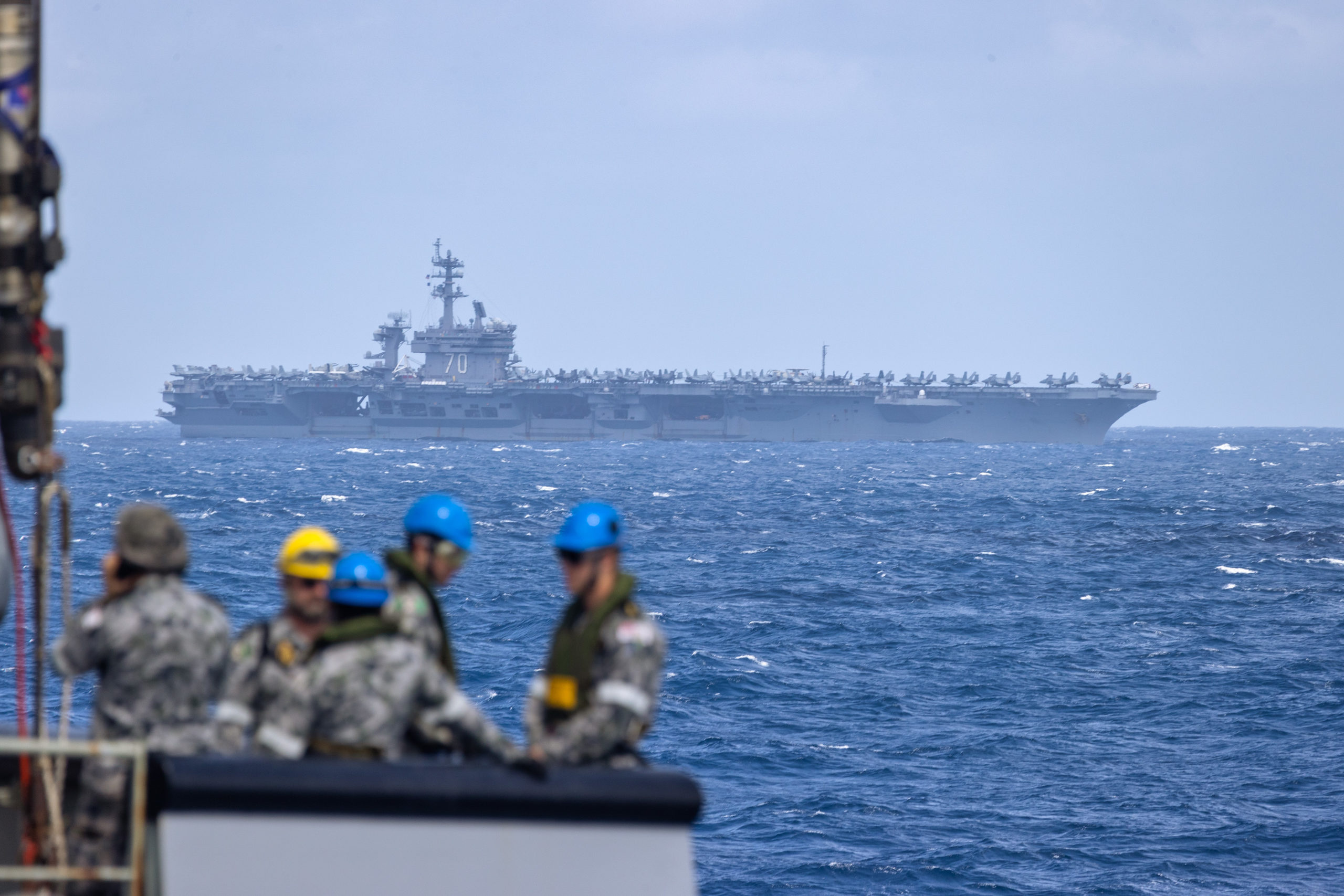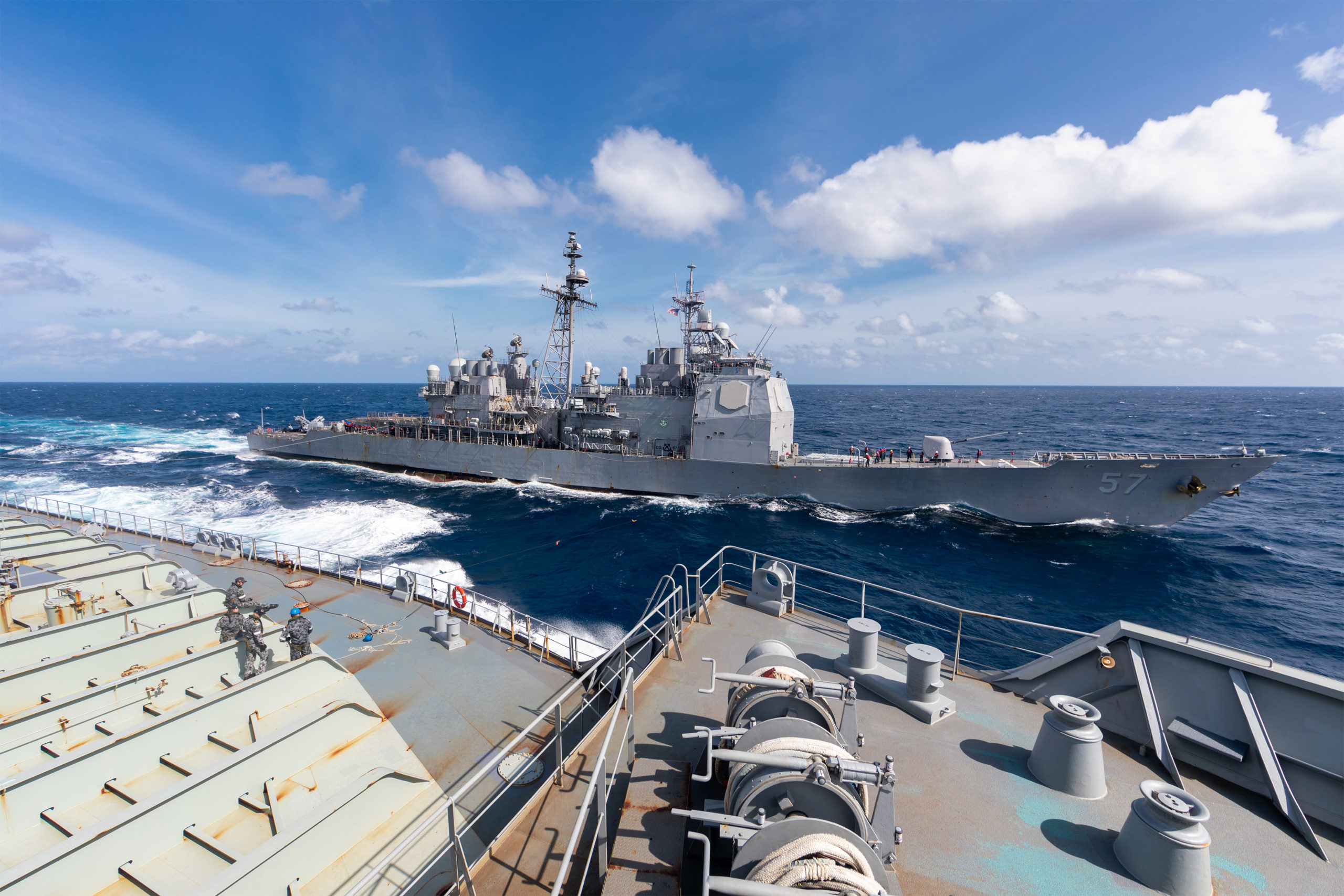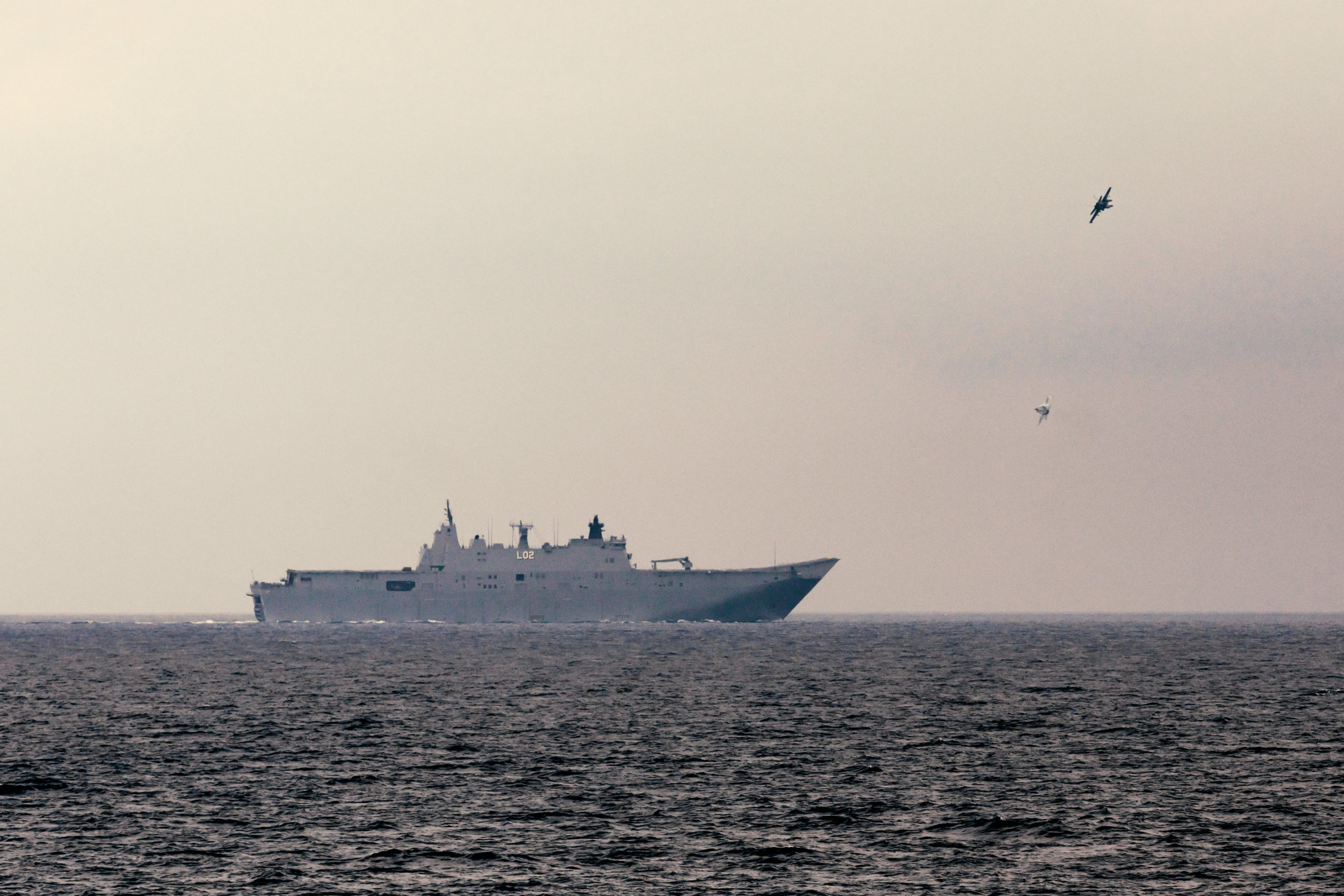By Justin Burke
The announcement of the AUKUS partnership has prompted the old accusation that Australia is ‘trying to find its security from Asia rather than in Asia’ to resurface in public debate, most recently in former prime minister Paul Keating’s recent National Press Club address.
The basis for this view is twofold.
First, Australia is seeking the assistance of the United States and United Kingdom—neither of which could be described as Asian by any reasonable definition—to obtain nuclear-powered submarines. AUKUS necessarily rests upon the longstanding ANZUS alliance with the US, our historical, constitutional and contemporary security links with the UK, and the legacy of trust from intelligence-sharing with both countries through the Five Eyes. Undeniably, a commonality of language, culture and respect for democracy is a part of it too, though this is sometimes reduced to the racially tinged epithet ‘Anglosphere’.
Second, the desire for nuclear propulsion seems to have given the impression that Australia seeks greater range and underwater speed so we can zoom through and past our neighbours to get to East Asian flashpoints. It implies a sense of Australia’s impatience with the vacillation of the ASEAN nations in confronting new maritime security realities, and a go-it-alone approach. The truth of how the future submarines may confirm or disprove this impression remains to be seen and, assuredly, many things will have changed before they hit the water.
But the ‘security from Asia rather than in Asia’ accusation obscures the significant and growing efforts of the Royal Australian Navy to engage in the region, as demonstrated by the recently concluded Indo-Pacific Endeavour (IPE) mission. While in many ways it’s an example of classic naval diplomacy—with port visits, joint exercises and gifting of medical stores from HMA Ships Canberra and Anzac—the activities across Southeast Asia in the past three months actually represent the cumulative effort of the joint services and a whole-of-government approach from the Department of Foreign Affairs and Trade to the Australian Civil-Military Centre.
To underscore the point of finding security in Asia, IPE 21 took the unprecedented step of appointing Captain Constancio Reyes of the Philippine Navy as the task group’s deputy commander, an invitation which also marked the milestone of 75 years of diplomatic relations between the two countries. Such was the enthusiastic reception for Reyes’s appointment that other regional navies have already registered interest in participating should multinational command become an ongoing feature.
It is a significant signal of trust between nations.
With IPE now in its fourth iteration, and ably led this year by Commodore Mal Wise despite the unenviable constraints of the Covid-19 pandemic, why are such achievements being overlooked? One answer is that, unlike a visiting British carrier strike group or German frigate, an Australian task group visiting the ASEAN nations is less remarkable for the fact that it is our neighbourhood, and our engagement efforts are regular and longstanding.
Rather than mere symbolism, IPE’s activities with each partner nation were painstakingly negotiated over 2021 to ensure the highest value for them. As a prosaic matter, the only time IPE seems to make headlines is when a Chinese intelligence vessel berths alongside or lasers are pointed at aviators. No journalists were onboard this year, and all interactions with foreign navies have been described as ‘safe and professional’.
There are legitimate questions to consider about the implications of nuclear-powered submarines for Australia’s immediate neighbours. Concerns about nuclear proliferation will be asked and must be answered. Port visits by Collins-class submarines have been an important part of the RAN’s naval diplomacy in the past 20 years, from the regular replenishment visits to Singapore to more diplomatically freighted visits to Brunei and New Caledonia.
With no requirement for refuelling, and representing the most closely guarded military technology, the future of such visits by nuclear-powered submarines is unclear. But earlier versions of IPE had the explicit task of introducing Australia’s landing helicopter docks to the region and reassuring our neighbours that, despite their being amphibious assault ships, there was no intention to assault anyone. IPE could one day fulfil a similar function for the nuclear-powered submarines.
In any case, the notion of Australia finding security either in or from Asia is a false dichotomy. We must continue doing the former where we can, the latter where we must—and both will be done better alongside the friends and allies we maintain from outside our immediate region.
Justin Burke is a non-resident fellow at the Center for Maritime Strategy and Security at the Institute for Security Policy at Kiel University and a PhD candidate in naval strategy at Macquarie University.
This article was published under the title ” Indo-Pacific Endeavour shows Australia’s security found in, not from, Asia” by ASPI on November 19, 2021.


